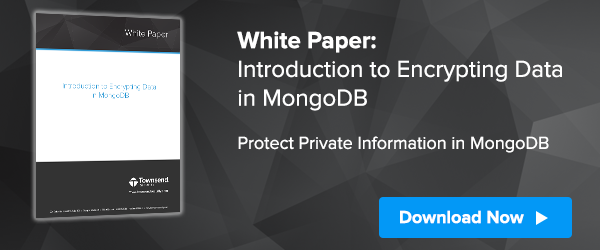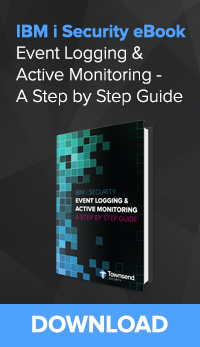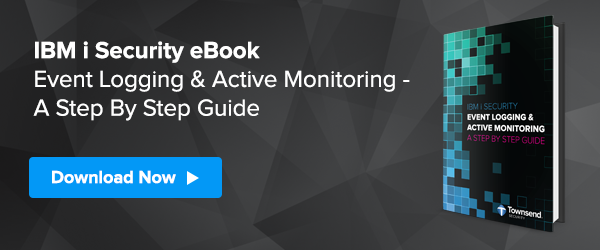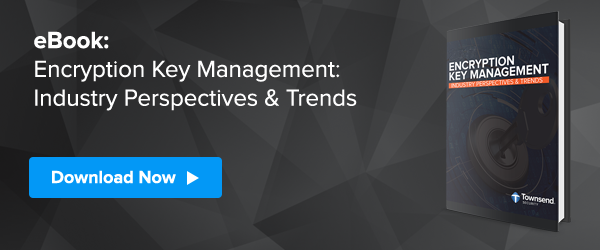VMware users can now protect VM Images and vSAN with Alliance Key Manager, Townsend Security’s FIPS 140-2 compliant encryption key manager.
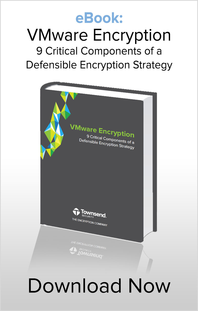 Townsend Security is excited to announce that its new version of Alliance Key Manager fully supports VMware vSphere encryption for both VMware virtual machines (VMs) and for VMware Virtual Disk (vDisk). VMware users have been using Alliance Key Manager to protect data in application databases and applications to meet PCI DSS, GDPR, HIPAA compliance as well as other data privacy regulations. Now VMware users can use the same Alliance Key Manager solution with vSphere to protect virtual machines and virtual disks. Townsend Security is a VMware Technology Alliance Partner (TAP) and Alliance Key Manager for VMware has achieved VMware Ready status.
Townsend Security is excited to announce that its new version of Alliance Key Manager fully supports VMware vSphere encryption for both VMware virtual machines (VMs) and for VMware Virtual Disk (vDisk). VMware users have been using Alliance Key Manager to protect data in application databases and applications to meet PCI DSS, GDPR, HIPAA compliance as well as other data privacy regulations. Now VMware users can use the same Alliance Key Manager solution with vSphere to protect virtual machines and virtual disks. Townsend Security is a VMware Technology Alliance Partner (TAP) and Alliance Key Manager for VMware has achieved VMware Ready status.
“Our customers have been using Alliance Key Manager to protect data in Microsoft SQL Server, MongoDB and other environments for many years. Now VMware users can have confidence that Alliance Key Manager can also protect VMware virtual machines and virtual disk to achieve the highest level of data-at-rest protection,” said Patrick Townsend, CEO of Townsend Security. “VMware users are looking for certified solutions that support their complex Windows and Linux environments without the need to deploy additional hardware-based HSMs. We are happy to announce this extension of our key management solution to help VMware vSphere users achieve a high level of data protection.”
VMware users are looking for affordable solutions that provably meet compliance regulations and which fit their budget and deployment goals. Alliance Key Manager meets this goal by providing NIST FIPS 140-2 compliance, PCI-DSS certification, and Key Management Interoperability Protocol (KMIP) compliance out of the box. Existing Alliance Key Manager customers can upgrade at no cost to extend their data protection compliance requirements to vSphere. New customers can deploy Alliance Key Manager without the fear of increased, unplanned licensing costs in the future.
In addition to PCI DSS, compliance regulations such as the European Union General Data Protection Regulation (GDPR), the HIPAA data security regulation, and many other data protection regulations, require the encryption of data at rest. Alliance Key Manager combined with vSphere encryption are the protection methods to help you meet these regulatory requirements. “Don’t be fooled by vague language in the GDPR regulation. You must act to protect sensitive information of individuals in order to meet this regulatory requirement. You should act now to protect your organization,” said Townsend.
Alliance Key Manager for VMware is available for a free 30-day evaluation.
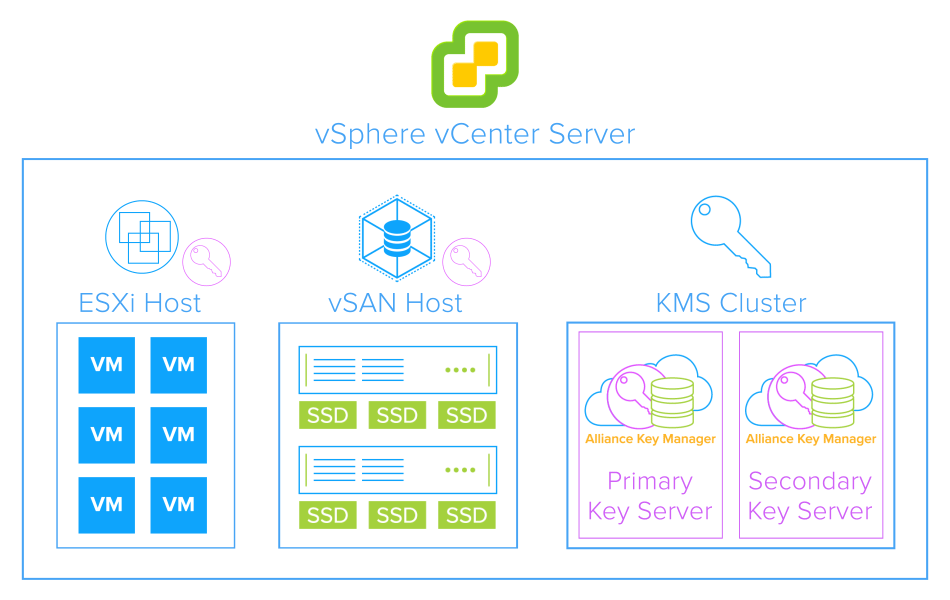

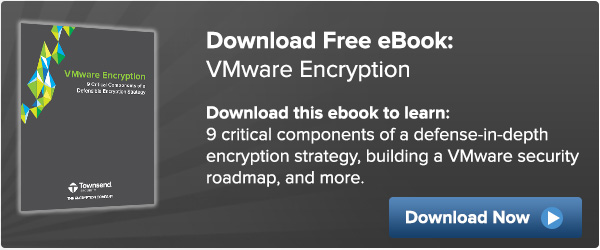
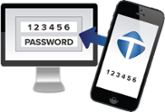 Townsend Security’s support for Authy means that IBM i (iSeries, AS/400) users can now deploy a popular and low-cost two factor authentication product without the expense of back-end hardware servers and hardware tokens. The Authy application installs on your mobile device or in your browser and provides Time-based One Time Passwords (PIN codes) on demand. Since Authy TOTP codes do not require a mobile network connection or an Internet connection, they are immune from gaps in connectivity to the network. Authentication on the IBM i platform simply requires opening the Authy application on your phone, viewing the one time code, and entering it on your IBM i signon screen. Alliance Two Factor Authentication then verifies the code with the Authy service and allows access to the IBM i platform.
Townsend Security’s support for Authy means that IBM i (iSeries, AS/400) users can now deploy a popular and low-cost two factor authentication product without the expense of back-end hardware servers and hardware tokens. The Authy application installs on your mobile device or in your browser and provides Time-based One Time Passwords (PIN codes) on demand. Since Authy TOTP codes do not require a mobile network connection or an Internet connection, they are immune from gaps in connectivity to the network. Authentication on the IBM i platform simply requires opening the Authy application on your phone, viewing the one time code, and entering it on your IBM i signon screen. Alliance Two Factor Authentication then verifies the code with the Authy service and allows access to the IBM i platform.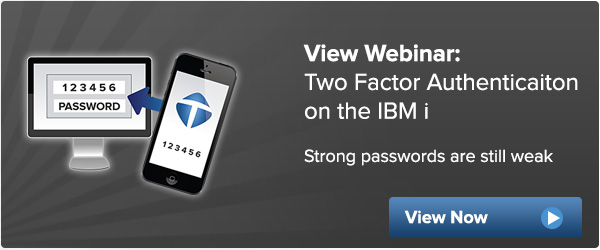
 Today Townsend Security, a leading authority in data privacy solutions, and MongoDB, the database for modern applications, today announced Alliance Key Manager has certified against MongoDB Enterprise.
Today Townsend Security, a leading authority in data privacy solutions, and MongoDB, the database for modern applications, today announced Alliance Key Manager has certified against MongoDB Enterprise.